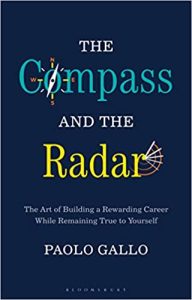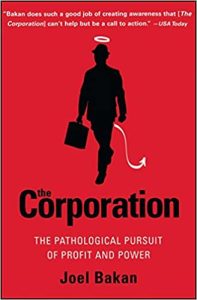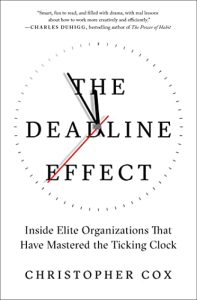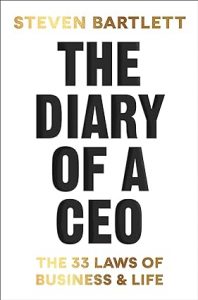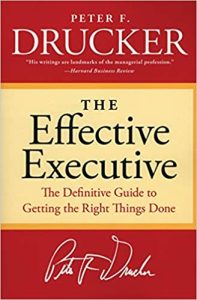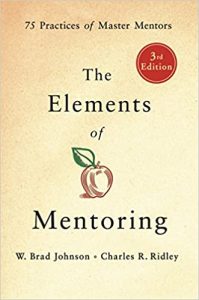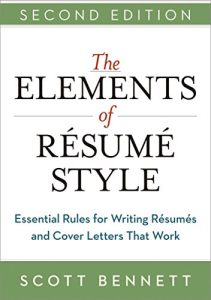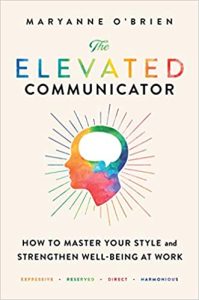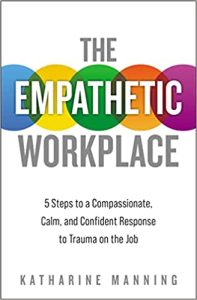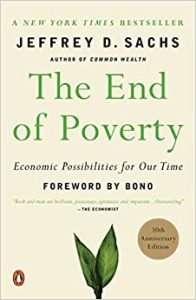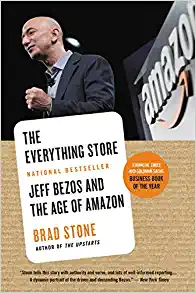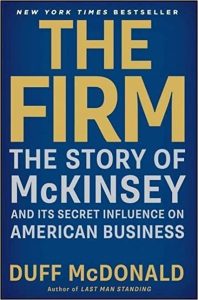The Compass And The Radar
₦7,000.00Paolo Gallo offers a unique pathway toward identifying the right career, finding the ideal job and developing a moral compass–the solid value system that will then anchor the reader in their professional lives.
With a creative and engaging mix of coaching practice, management theories, case studies and personal story-telling, this book helps readers to identify both their own compass–which relates to integrity, passion and internal value systems–and radar–which helps them to understand organizational complexity and ‘read’ workplace dynamics and situations.
The Compass of Success is founded on a series of searching questions that will enable anyone to find their compass and radar to achieve personal success:
· How can I find out what my real strengths and talents are?
· Do I love what I do?
· How can I find a job with a company that truly reflects my values?
· What are the prices I am willing to pay for a meaningful and rewarding career?
· How should I define a successful career?
Key chapters offer practical tools, as well as insights on the trade-offs and difficult choices that everyone will need to make at some point in their careers–all of which will underline the importance of having the most robust moral compass.
In the midst of a volatile and uncertain world, one in which technology, AI and digital resources are transforming the work environment, The Compass and the Radar allows readers to pause, reflect, and consider who they are, what they stand for, and how to remain free.

